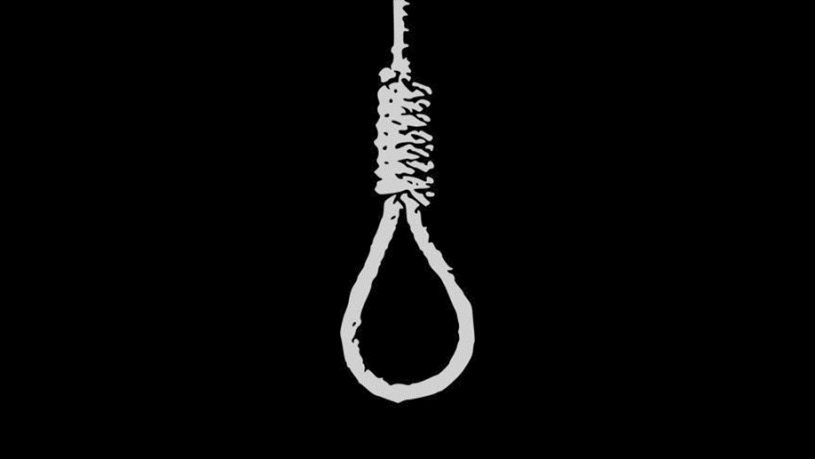Life has never been simple; one day you wake up, and everything is falling apart. Nothing seems to be working, and your attempts to regain your footing are fruitless. You seek assistance from those around you, including friends and family but no one appears to care or listen, so you conclude that life is no longer worth living and that there is no use in continuing to struggle when you have the option to end it all.
Everyone is susceptible to giving up on life regardless of age, gender, or background. Personally, I have given up numerous times, and I frequently try harder to get up and continue fighting. However, I recognize that some people have endured hardships that I could not bear, regardless of how strong I profess to be. However, suicide ideation suggests a more serious issue that has to be addressed.
May is Mental Health Awareness Month, and it is time for us to raise awareness about the scope of this subject, which is considered taboo more often than not. Many people lack understanding regarding suicide, and altering the public image will go a long way toward changing people’s perspectives on the subject. However, as much as people learn there are a number of factors that are enabled by the government that prevents the efforts being made to tackle mental health issues. In this article, I want to particularly talk about tough economic times as well as laws criminalizing suicide.
According to a survey by the World Health Organization, roughly 408 suicides are reported year in Kenya. However, this information may be inaccurate due to underreporting of the issue, as it is widely stigmatized in Kenya, and many families may not report it out of fear of how society will perceive them.
As per the report, around 135 people are affected by each suicide and based on prior data, this mental health issue affects approximately 6.3 million people. Additionally, the number of suicides has climbed significantly over the past few years, by almost 45 percent.
In March this year, Kenyans woke up to the devastating news of a 32-year-old woman who brutally killed her two children aged 7 and 9 years, before attempting to murder herself.
A few weeks ago, it was also reported that a woman named Monny Muthoni committed suicide after writing a devastating Facebook message.
These fatalities demonstrate the prevalence of suicide in Kenya. Recent economic hardships have made it difficult for many to earn a living and put food on the table, resulting in a sense of hopelessness and, eventually, mental health problems. The majority of millennials and generation z are unemployed, and many blame the government for failing to create growth possibilities. According to Dr Rashid Aman, the Administrative Secretary of the Health Cabinet, such difficulties have led to a rise in anxiety, which has escalated drug and alcohol misuse as well as incidences of domestic violence in the country.
Regrettably, despite the magnitude of the situation, the government and our political leaders have yet to accord it the urgency it requires. In Kenya, suicide has been criminalized, preventing many individuals from seeking assistance.
According to the Penal Code, attempting suicide is a misdemeanour. Two years in jail, a fine, or both are the maximum penalties.
The law has been implemented based on the premise that human life is sacred and may also be justified in the interest of maintaining order.
An article by the Standard Media quotes Donald Rabala, a lawyer at Rabala and Company advocates in Upper Hill, Nairobi, who argues, “The State looks at life of any human being as sacred. Your life, therefore, is not yours alone but shared with others in the society: like your brothers, sisters, children, spouse, parents and friends. The lives of these other people may depend on yours. You, therefore, don’t have the right to end it,”
Nonetheless, I believe this law is degrading and offensive. Suicide is a mental health problem as categorized by the World Health Organization. Consequently, a modification of this law is required. Rather than winding up in Kamiti Maximum Prison or Thika Women’s Prison, individuals who have reportedly attempted suicide should be transferred to mental health institutes like Mathari. In fact, incarcerating such a person is more likely to exacerbate their condition, causing them to become more depressed and maybe attempt suicide.
As we advocate for mental health awareness this month, it is essential that we highlight what the government can do to improve the situation. Changing the discriminatory and demeaning laws that imprison persons with mental health disorders should be a major step. As millennials and gen zs, we must unite and petition the government to alter this statute. Instead of using public funds to prosecute these individuals, the government should invest in steps to provide assistance and enhance the mental health infrastructure in Kenya. Efforts should also be made to create more opportunities for the millennials and generation zs who are struggling because of tough economic times.
That’s just my take on the matter, but I hope you’ve found it helpful. Let me know by leaving a comment down below.
Cheers!
Fabian ✌✌✌

